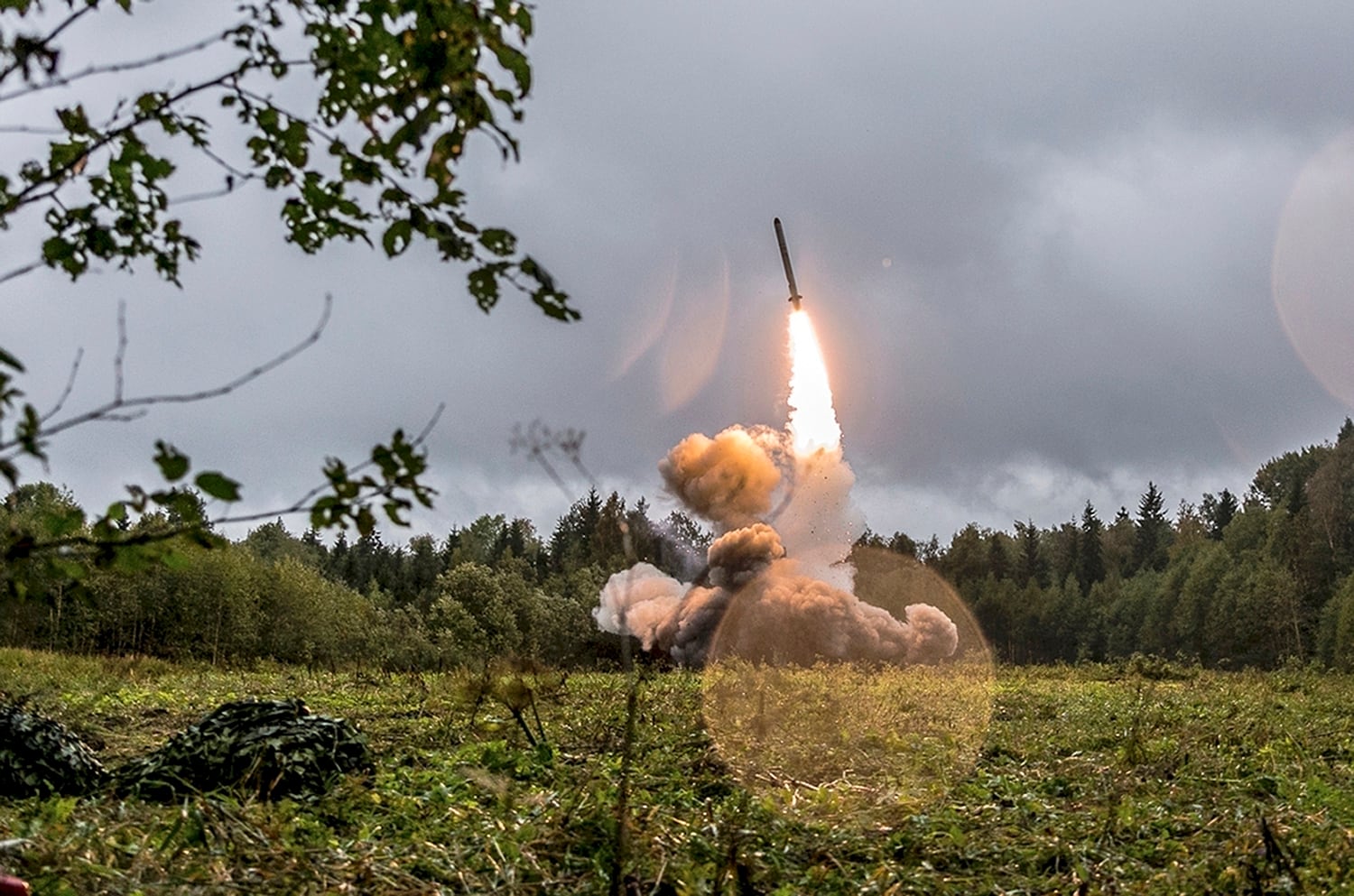WASHINGTON (AP) — The State Department on Sunday ordered the families of all American personnel at the U.S. Embassy in Ukraine to leave the country amid heightened fears of a Russian invasion.
The department told the dependents of staffers at the U.S. Embassy in Kyiv that they must leave the country. It also said that non-essential embassy staff could leave Ukraine at government expense.
The move came amid rising tensions about Russia’s military buildup on the Ukraine border that were not eased during talks Friday between Secretary of State Antony Blinken and Russian Foreign Minister Sergey Lavrov in Geneva.
More than 100,000 Russian troops are arrayed around Ukraine’s border. During a press call with reporters Sunday night, senior State Department officials say they are taking these measures out of an abundance of caution.
While the officials say the Biden administration does not yet know if Russian President Vladimir Putin has made a decision to attack Ukraine, he is ”building the military capacity along Ukraine borders” to have that option ready at any time. And that’s the backdrop for these decisions that were made.
“We want U.S. citizens in Ukraine to know that the security conditions particularly along Ukraine border in Russia occupied Crimea, and in Russia control eastern Ukraine are unpredictable and can deteriorate with little notice,” a senior State Department official said. “We want U.S. citizens in Ukraine to be aware for their planning purposes. That Russian military action anywhere in Ukraine would severely impact the U.S. embassy’s ability to provide consular services, including assistance to U.S. citizens in departing Ukraine.”
The senior State Department officials declined several times to say how many U.S. citizens are in Ukraine, stressing that U.S. citizens are not required to register.
“The United States government will not be in a position to evacuate U.S. citizens in such a contingency,” a senior State Department official said. “So we want U.S. citizens currently present in Ukraine to plan accordingly, including by availing themselves of commercial options who they choose to the country.”
RELATED

State Department officials stressed the Kyiv embassy will remain open and that the announcement does not constitute an evacuation. The move had been under consideration for some time and does not reflect an easing of U.S. support for Ukraine, the officials said.
The U.S. will continue to provide assistance to Ukraine, a senior State Department official said.
“We are assisting Ukraine with new the full defensive security assistance, including ammunition for the frontline defenders of Ukraine,” the official said. “The first of several shipments for Ukrainian armed forces totaling $200 million arrived on Jan. 22. Yesterday, and more will arrive in the weeks to come with its new authorization. The United States has committed more than $650 million to security assistance to Ukraine in the past year, and more than $2.7 billion in total US security assistance to Ukraine since 2014.”
More than 14,000 Ukrainians have died since Russia annexed Crimea and invaded eastern Ukraine in 2014.
In a statement, the State Department noted recent reports that Russia was planning significant military action against Ukraine. However, the Russian Foreign Ministry has accused NATO countries of escalating tensions around Ukraine with disinformation.
The State Department added: “The security conditions, particularly along Ukraine’s borders, in Russia-occupied Crimea, and in Russia-controlled eastern Ukraine, are unpredictable and can deteriorate with little notice. Demonstrations, which have turned violent at times, regularly occur throughout Ukraine, including in Kyiv.”
The department’s travel advisory, which had warned against traveling to Ukraine because of COVID-19 as well as the tensions over Russia, was changed Sunday to carry a stronger warning.
“Do not travel to Ukraine due to the increased threats of Russian military action and COVID-19. Exercise increased caution in Ukraine due to crime and civil unrest. Some areas have increased risk,” the department advised.
Howard Altman is an award-winning editor and reporter who was previously the military reporter for the Tampa Bay Times and before that the Tampa Tribune, where he covered USCENTCOM, USSOCOM and SOF writ large among many other topics.




